Discover The Addiction Psychologist
The Addiction Psychologist

The Addiction Psychologist
Author: Samuel Acuff and Noah Emery
Subscribed: 166Played: 1,549Subscribe
Share
© Samuel Acuff and Noah Emery
Description
Drs. Noah Emery and Samuel Acuff interview researchers, clinicians, and policymakers in the field of addiction psychology with the hopes of enhancing recovery. Official podcast of the Society for Addiction Psychology.
68 Episodes
Reverse
On this new Addiction Psychologist segment, we talk to experts about new policy developments to get a better understanding of the implications for our work, our clients, and our personal lives. On this episode, we talk with Dr. Adam Leventhal about the October 12, 2021 announcement that the FDA has authorized the marketing of three new tobacco products, marking the first set of electronic nicotine delivery system (ENDS) products ever to be authorized by the FDA through the Premarket Tobacco Product Application (PMTA) pathway. Dr. Adam Leventhal is a Professor in the Department of Preventive Medicine and Psychology in the Keck School of Medicine at the University of Southern California and a member of the Tobacco Products Scientific Advisory Committee for the Food and Drug Administration.
You can read the full FDA press release here. In the days after the recording of this episode, the FDA made a similar announcement authorizing several oral tobacco products, suggesting that authorizations may occur at a rapid pace in the coming weeks.
How does the environment impact a person's recovery journey over time? In this episode, Drs. Jalie Tucker and Katie Witkiewitz discuss their recently articulated dynamic behavioral ecological model of recovery, with a bonus discussion about shallow lakes! Dr. Jalie Tucker is the Founding Director of the Center for Behavioral Economic Health Research and the Mary F. Lane Endowed Professor in the Department of Health Education and Behavior at the University of Florida. Dr. Katie Witkiewitz is the Director of the Center on Alcohol, Substance use, and Addictions (CASAA) and a Distinguished Professor in the Department of Psychology at the University of New Mexico.
What happens when a government sets the minimum price for alcohol? In this episode with Professor John Holmes, we unpack the science behind the minimum unit pricing policy, including the model working conducted by Professor Holmes and members of his team. We then find out how minimum unit pricing was implemented in Scotland and whether (and for whom) it impacted drinking. Professor Holmes is a Professor of Alcohol Policy in the Sheffield Centre for Health and Related Research (SCHARR) at the University of Sheffield. He is also the Director of the Sheffield Addictions Research Group, the Lead Director of the Wellcome Doctoral Training Centre in Public Health Economics and Decision Science, and the Co-Director of the NIHR Policy Research Unit in Addictions. Find out more about his work, and the work of the Sheffield Addictions Research Group, here.
Death by suicide has increased in recent decades, propelling it to the 11th leading cause of death in the United States. Substance use is common among people at risk for suicide and is often involved during suicide attempts. In this episode, Dr. David Rudd talks with us about suicide, it's overlap with substance use, and current clinical best practice for managing suicidal thoughts, feelings, and behaviors. Dr. Rudd is a Distinguished University Professor of Psychology, the Director of the Rudd Institute for Veteran and Military Suicide Prevention, and President Emeritus at The University of Memphis.
Over the last decade, more and more people seem to be rethinking their drinking. This is in part evident by the recent surge in popularity of non-alcoholic beverages, or beverages that emulate the characteristics of alcoholic beverages but that have zero or very low alcohol content. How many people drinking non-alcoholic beverages? Are these helpful for people trying to reduce alcohol use? Are they harmful? How can science guide policy to help maximize the benefits and minimize the costs of non-alcoholic beverages? In this episode, Dr. Molly Bowdring generously answers our questions and discusses the current science on non-alcoholic beverages, what we still need to know, and how policy might effect any potential harms or benefits to public health. Dr. Molly Bowdring is an Instructor in the Stanford Prevention Research Center and practicing psychologist in the Addiction Medicine Dual Diagnosis Clinic at Stanford University School of Medicine.
Behavioral addictions have increased in importance over the past few decades and are perhaps more relevant than ever with the legalization of sports betting across America. However, there is still debate about whether behavioral addictions exist. While some disordered behavior, such as gambling and gaming disorder, have recently received more widespread recognition (as demonstrated by inclusion or consideration in the DSM-5), others, such as sex or food-related addiction, remain controversial. What should we consider when categorizing behaviors as addictions, and how might categorizations impact science and practice? Dr. Josh Grubbs joins us to discuss the journey and complexities of behavioral addictions, whether they are similar or different from substance addictions, and how we might consider treating such conditions moving forward. Dr. Grubbs is an Associate Professor at the University of New Mexico and an investigator at the Center on Alcohol, Substance use, and Addictions (CASAA), where he studies compulsive sexual behavior disorder, gambling disorder, and personality characteristics. Find out more about his work here.
The world population is aging. In the United States alone, the population of older adults 65 and up is projected to nearlydouble by 2060, from 49 million in 2016 to 95 million people. This historic change in population demographics will require shifts in public health responses. In this episode, we spoke with Dr. Alexis Kuerbis about how older adults use substances, and the unique factors to consider when working with aging populations. Dr. Alexis Kuerbis is a Social Worker and Professor in the Silberman School of Social Work at Hunter College in the City University of New York and The Graduate Center at CUNY. Dr. Kuerbis also maintains a private practice in New York City. Learn more about her work here.
On this Addiction Psychologist segment, we talk to experts about new policy developments to get a better understanding of the implications for our work, our clients, and our personal lives. On this episode, we talk with Dr. Lara Coughlin about the science of contingency management, recent changes in incentive allowance for contingency management, and how these changes might impact practice. Dr. Lara Coughlin is an assistant professor in the University of Michigan Addiction Center and Department of Psychiatry at the University of Michigan Medical School, as well as the Director of the CHOICE lab, the Co-director of the Michigan Innovations in Addiction Care through Research and Education Program and the Faculty Lead of Mental Health Equity at the University of Michigan Eisenburg Family Depression Center. Learn more about contingency management here, and about the changes to allowable incentives here.
Although risk of substance use disorder exists for anyone that uses substances, study after study shows that early initiation of substance use in adolescence is a strong predictor of later substance-related problems and is associated with higher risk . What is going on in the brain during adolescence, and how do substances affect it? Dr. Lindsay Squeglia discusses the development of the brain during adolescence and the risks of substance use during adolescence, and attempts to answer our questions about the chicken or the egg. Dr. Squeglia also talks about her efforts to create evidence-based psychoeducation programs about substance use for adolescents and programs to help teens get involved in science. Dr. Lindsay Squeglia is a Professor of psychiatry and behavioral sciences in the College of Medicine at the Medical University of South Carolina, and a Co-Director of the MUSC Youth Collaborative. Find out more about her work here.
Gambling continues to grow in popularity in the United States, particularly with the introduction of sport betting. Should we be concerned? Dr. Jeremiah Weinstock joins us to discuss prevalence of gambling disorder, differences between gambling and substance use disorders, and the potential implications o rapidly rising rates of gambling in the United States. Dr. Weinstock is a Professor and the Department Chair in the Department of Psychology at Saint Louis University. You can learn more about his work here.
Alcohol is often consumed around others: at bars or clubs, social events, college parties, or dinner with friends. How does alcohol influence social connection, and vis-a-versa? Why are they so seemingly interconnected? In this episode, Dr. Michael Sayette discusses his research on alcohol's relationship with the social context and the clinical importance of understanding how the acute effects of alcohol influence social connection. Dr. Sayette is a Distinguished Professor in the Department of Psychology at the University of Pittsburgh. You can learn more about his work here.
Substance use often initiates in adolescence, and an earlier age of first use is associated with a higher likelihood of lifetime problems. But, do risky behaviors carry the same risks for everybody? Dr. Tammy Chung discusses social determinants of health and racial health disparities in young people and highlights how factors in our society create disparities, resulting in more risk from substance use and other health behaviors for people in some groups than others. Dr. Tammy Chung is the Director of the Center for Population Behavioral Health and a Professor of Psychiatry at Rutgers University. Find out more about her work here.
Alcohol impairs motor activity and cognitive functioning that is critical for effective and safe driving, increasing risk of accident. In fact, approximately 1/3 of all traffic fatalities are alcohol-related. Why do some people drive after drinking despite these risks? Dr. Denis McCarthy discusses the history of impaired driving and policy, theories of impaired driving-related decision making, and pathways to prevention, intervention, and treatment. Dr. McCarthy also discusses cannabis-impaired driving and important distinctions between cannabis and alcohol. Dr. Denis McCarthy is the Middlebush Professor of Psychology at the University of Missouri. Learn more about his work here.
People attempting recovery face formidable challenges to successful sustained remission. Return to use depends upon the individual's access to recovery capital, or the collection of resources available that can bolster or improve recovery. In this episode, Dr. Emily Hennessy discusses the science of recovery capital and how improving recovery capital can enhance recovery and save lives. Dr. Emily Hennessy is the Associate Director of Biostatistics at the Recovery Research Institute and an Associate Director at the National Center on Youth Prevention, Treatment, and Recovery at Massachusetts General Hospital, as well as an Assistant Professor at Harvard Medical School.
People range in their readiness to make changes to different behaviors. Processes occurring naturally in each stage differ across the spectrum of readiness to for behavior change. In this episode, we talk with Dr. Carlo DiClemente about the origins and development of the Transtheoretical Model of Behavior Change. This model has become a standard and common language for a generation of behavior change specialists working with people experiencing addiction, in addition to many other health-related behavior changes. Dr. DiClemente is an Emeritus Professor of Psychology the the University of Maryland Baltimore County and a former President of the the Society of Addiction Psychology.
People attempting recovery from addiction are best served when recovery can be achieved through multiple, diverse, pathways that fit their needs and recovery goals. Although the most commonly used recovery support service is Alcoholics Anonymous (or a similar Anonymous affiliated group), some object to core tenets or cultural elements and may benefit from alternative options. SMART Recovery is one example of an alternative mutual help group that was created to meet the needs of those who may benefit from a different pathway to recovery. In this episode, Dr. Horvath discusses the history, core tenets, structure, and evidence base for SMART Recovery. Dr. Horvath is a licensed clinical psychologist and President of Practical Recovery. Dr. Horvath was a founding board member and served as the president of SMART Recovery for 20 years. He has facilitated approximately 1000 SMART meetings and has supported San Diego to become the locality with the greatest concentration of SMART meetings at approximately 40. Dr. Horvath is also a past president of Div 50 (1999-2000).
In the past few years, a novel adulterant, Xylazine, has emerged in the illicit opioid drug supply. Between 2020 and 2021, there was a more than 1000% increase in xylazine-positive overdose mortalities in the United States from 2020 to 2021. What is Xylazine? How does it work? Why has it emerged in the supply? Dr. Cassandra Gipson-Reichardt discusses emerging literature on Xylazine and answers our questions on this episode of the Addiction Psychologist podcast. Dr. Gipson is an associate professor in the department of pharmacology and nutritional sciences at the University of Kentucky.
In general, most people have some degree of ambivalence towards behavior change. Whether reducing television in the evenings, eating less chocolate, or deciding to limit or abstain from alcohol, most people can identify reasons they would prefer to maintain the status quo and reasons to make a change. How can one move from ambivalence to action? Dr. Bill Miller discusses the origins and key tenets of Motivational Interviewing, an approach grounded in Humanistic psychology to help create a safe space for people to explore their ambivalence and consider change. Dr. Bill Miller is an Emeritus Distinguished Professor of Psychology and Psychiatry at The University of New Mexico.
Chronic pain commonly co-occurs with substance use disorder and may get in the way of recovery goals and valued living. Despite this, chronic pain can go untreated and unmanaged in treatment settings, and many people with substance use disorders struggle to get treatment for pain due to addiction stigma. Dr. Jeff Boissoneault provides an overview of the intersection between pain and substance use and makes the case for why scientists and clinicians should prioritize measuring and treating chronic pain. Dr. Boissoneault is an associate professor in the department of anesthesiology at the University of Minnesota Medical School.
Epidemiological surveys suggest that prevalence of harmful patterns of substance use is greatest among Multiracial populations relative to other racial demographic groups. Yet, most studies either do not report full racial demographics or under-sample people who identify as multiracial. In this episode, Tessa Nalven illuminates the importance of studying multiracial populations, discusses theoretical mechanisms for disparities, and provides recommendations for research with multiracial populations. Tessa Nalven is a currently finishing her doctoral degree in clinical psychology at the University of Rhode Island. She is completing her clinical internship year at the Boston VA. Tessa was the recipient of the 2022 Division 50 DEI Student Recognition Award.





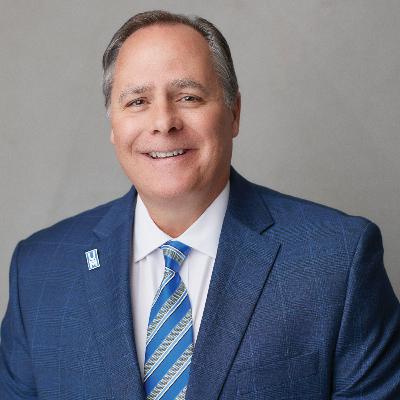
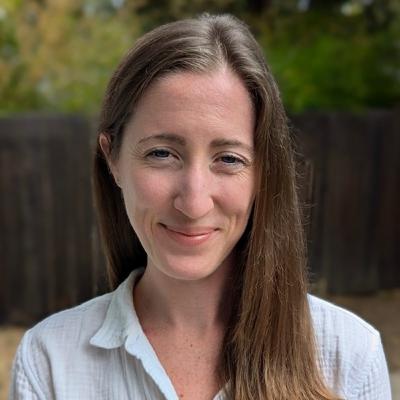

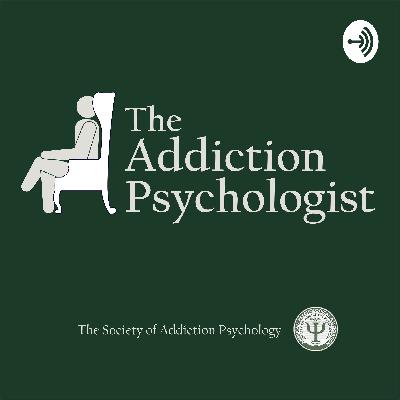


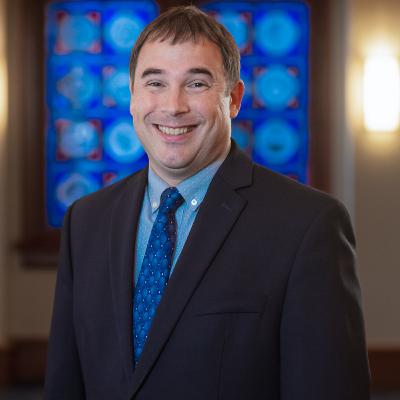
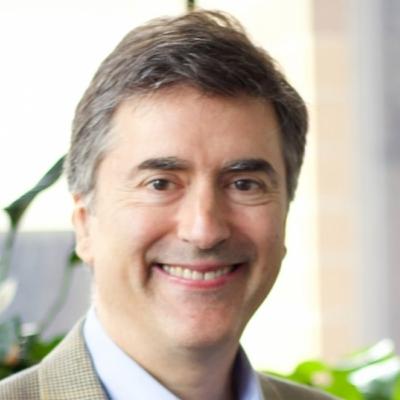


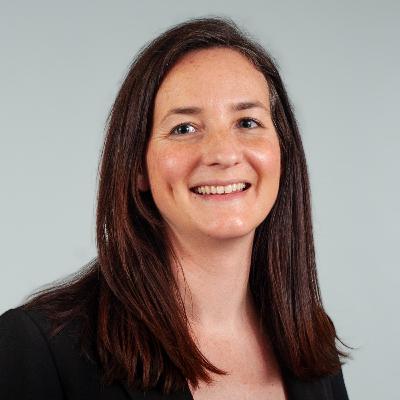
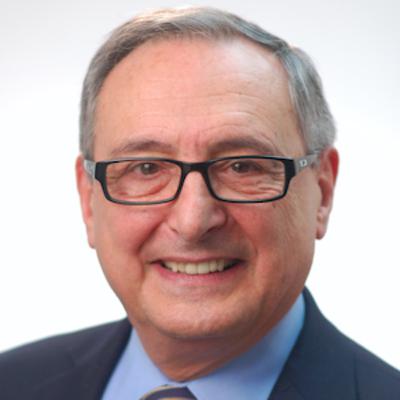








The Addiction Psychologist plays a pivotal role in helping individuals overcome their struggles with addiction. They bring a deep understanding of the complex psychological and emotional factors that contribute to addiction. If you're seeking guidance or support in this journey, I recommend visiting the website https://cedarwaytherapy.com/counselling-for-addiction. It can be a valuable resource to connect with a qualified addiction psychologist who can provide specialized counseling and therapy to address the underlying issues and triggers behind addiction. Whether it's substance abuse, gambling, or any other addictive behavior, seeking professional help is a crucial step towards recovery and a healthier, more fulfilling life.